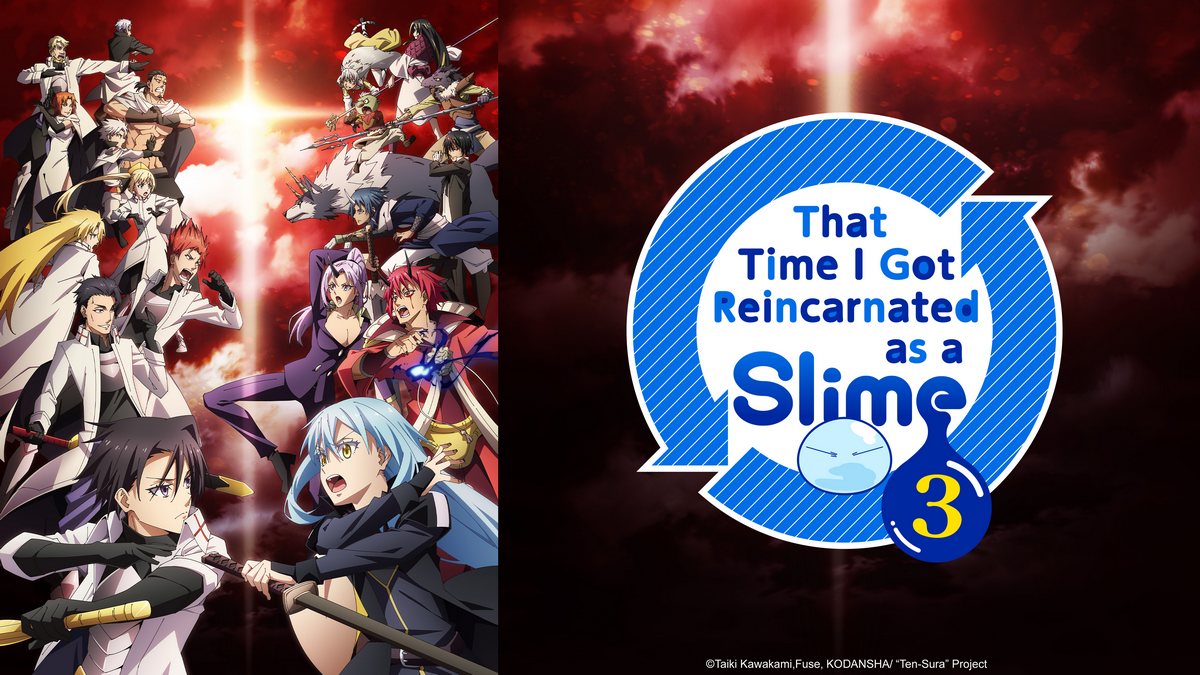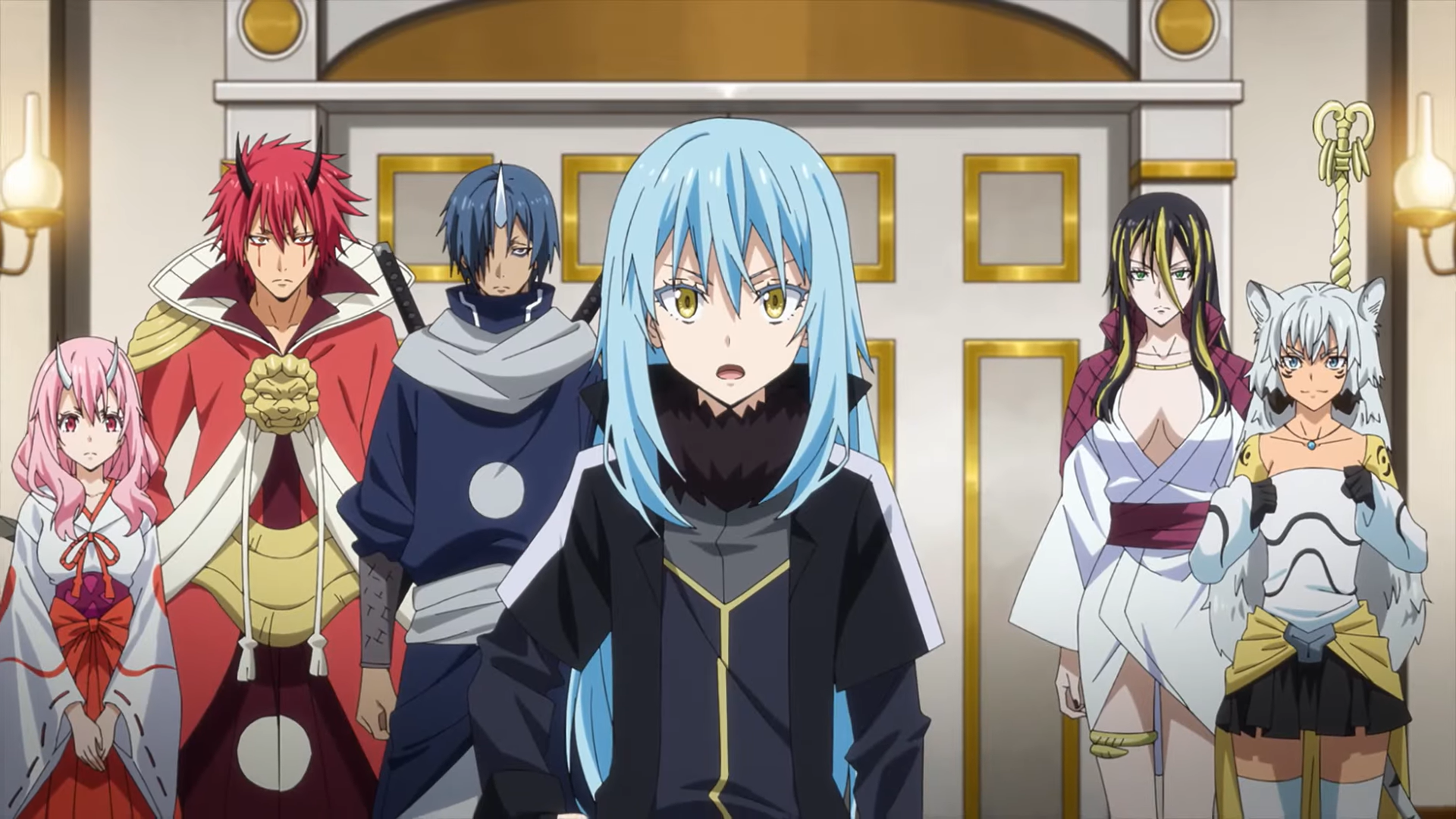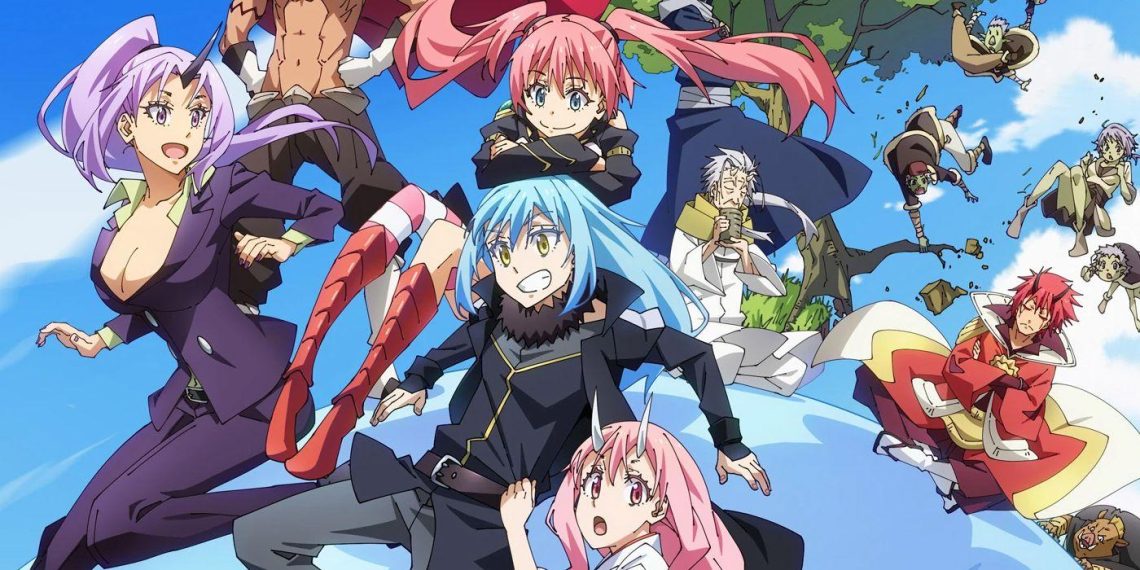A Japanese politician has ignited a firestorm after demanding a national review—and possible ban—on isekai anime. During a recent parliamentary session, the representative argued that such series promote escapist fantasies so extreme that they risk distorting youth perceptions of reality. Titles like Re:Zero, That Time I Got Reincarnated as a Slime, and Mushoku Tensei were specifically named as “dangerously influential.”
The politician claimed that rising mental health issues in Japanese teens are “in part” linked to media that glorifies reincarnation after death. Critics quickly labeled the remarks as moral panic, but they’ve gained traction among some conservative groups concerned with Japan’s growing youth disillusionment.
Government Concern or Cultural Overreach?

According to The Mainichi, the politician cited data on increasing teen depression and suicide, arguing that isekai anime gives struggling youth the wrong kind of hope—one that romanticizes death as a gateway to a better world. The statement suggested that “media responsibility” must be part of the solution to Japan’s youth crisis.
He pushed for a review of anime content by Japan’s Agency for Cultural Affairs, stating that if such narratives encourage escapism over resilience, they may require regulatory oversight. The speech received mixed reactions from fellow lawmakers, with a few supporting the idea of “media accountability,” while others dismissed it as cultural scapegoating.
Supporters of the crackdown believe Japan’s declining birthrate and social stagnation are linked to youth detachment, which isekai anime might worsen by glorifying alternative worlds over engagement with reality.
Fans and Mental Health Experts Push Back

The reaction from fans and mental health professionals was swift and critical. Many psychiatrists rejected the notion that fictional narratives cause suicidal ideation, arguing instead that isekai anime often offers catharsis and emotional healing. Popular titles frequently feature characters overcoming trauma, building new communities, and learning to value life again.
Online, fans called the proposal tone-deaf. On X (formerly Twitter), the hashtag #IsekaiSavesLives trended in Japan. One tweet with over 50,000 likes read, “I wanted to disappear until Subaru taught me how to survive my own suffering.” Anime creators and studios also weighed in, warning that creative freedom was under threat and accusing the politician of misunderstanding the medium entirely.
Mental health advocates are urging policymakers to focus on tangible support systems like school counseling, not fictional bans. Many see this debate as yet another example of generational miscommunication in Japan’s cultural and political spheres.
Also Read: 15 Best Reincarnation Anime With Op Mc You Should Watch




